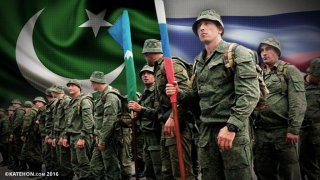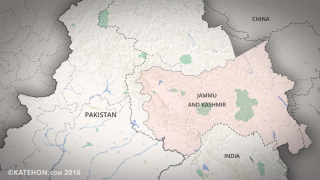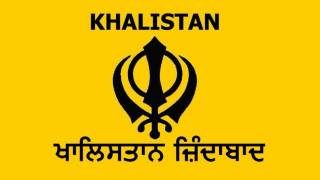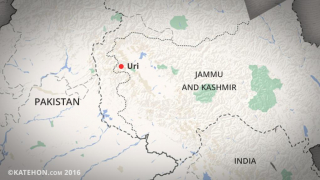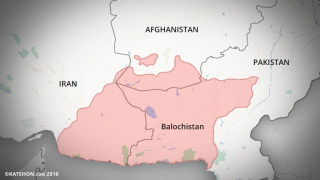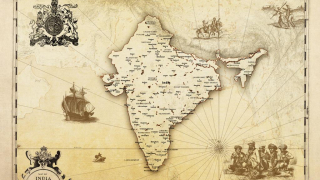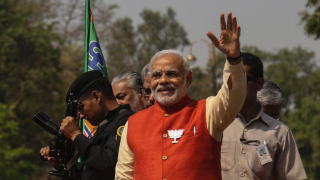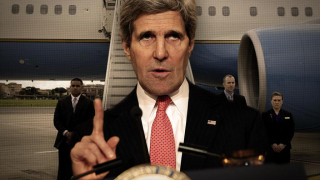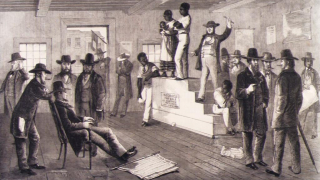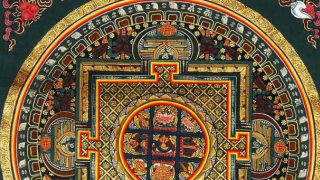Human Rights Abuses in India – Ludicrous to Compare with Pakistan
17.12.2019
“Wherever men and women are persecuted because of their race, religion, or political views, that place must — at that moment — become the center of the universe.”
― Elie Wiesel
Earlier a report of Human Rights Watch on India stated that the government led by the Bharatiya Janata Party (BJP) harassed and at times prosecuted activists, lawyers, human rights defenders, and journalists for criticizing authorities. Draconian sedition and counterterrorism laws were used to chill free expression. Foreign funding regulations were used to target nongovernmental organizations (NGOs) critical of government actions or policies.
The BJP led Indian government failed to prevent or credibly investigate growing mob attacks on religious minorities, marginalized communities, and critics of the government—often carried out by groups claiming to support the government. At the same time, some senior BJP leaders publicly supported perpetrators of such crimes, made inflammatory speeches against minority communities, and promoted Hindu supremacy and ultra-nationalism, which encouraged further violence.
It becomes very illogical when the western world starts comparing between the Indian human rights abuses at mass level against religions other than Hindus and the so-called restrictions on Pakistani media. It’s like comparing the incomparable and settling the score in an imprudent manner showing absolute biasness towards Pakistan. The undeniable fact is that there is no comparison between Indian atrocities in (IOJ&K) and negligible observations about Pakistan.
The House Asia-Pacific Subcommittee of American Congress held a hearing on human rights in South Asia on 22 Oct 2019 with a focus on occupied Kashmir. The hearing also reviewed the humanitarian situation in Kashmir and whether Kashmiris had adequate supplies of food, medicine, and other essentials. The hearing conducted in two panels was attended by a large number of Congressmen and women. In inaugural hearing the main issues addressed were about growing religious intolerance by the BJP government, severe human rights violations in IOJ&K, discriminatory treatment meted out to Muslims in Assam, denial of access to US legislators and restrictions on international media by the Indian govt. However, just to soften the Indian anger, the US government’s position regarding the administrative changes in the Indian territories of Jammu and Kashmir, and Ladakh is in lock step with the economic ties of both the countries and the Hindu voters in American community.
Despite the lopsided nature of the hearing, the panel participants appropriately chided India for denying access to the US legislators, diplomats and International journalists to IOJ&K. and termed it as a clear indication of hiding facts. They demanded from the US government to have value based relationship with India and must reciprocate the Indian actions. The discriminatory treatment to the US citizens who have relatives in Pakistan, and are put through additional processing, was also strongly objected.
India is trying to play the card of so called forced exile of Kahmiri Pandits from the valley which is flat out wrong and the distortion of facts as at one point in the hearing it was said that the Kashmiri Pandits left the Valley of Kashmir by choice. Intriguingly, there is no comparison of the population of Kashmiri Muslims and negligible portion of Hindu Pandits of the valley. However, amidst the hue and cry of Indian lobby, Congressman Sander Levin, with reference to IOJ&K. raised the issue of forced disappearances, arbitrary detentions, media blackout and restrictions on health services, while Amnesty International’s Mr. Bencosme endorsed that the situation is very alarming and suggested the formation of an independent commission to inquire into the situation. He also endorsed that there is persecution of all religious minorities including Christians in India.
The most significant part was when the Indian origin Americans Natasha Kaul of the University of Westminster and Ms. Angna Chatterji from the University of California showed the BJP government in particular and India in general their true face and colors. Natasha drew linkage between BJP government and German Nazis and said RSS was converting India into a Hindu Rashtra. She opined that it was unfair to categories Kashmir as a communal issue rather it was primarily a political issue which was accentuated due to prolonged human rights violations. The persistent volatility in Kashmir poses risks to regional and global security. Ms. Chatterji feared that the humanitarian crisis in IOJ&K. was very serious and the international community needed to intervene. The efforts of the Indian security forces aimed at changing demography of IOJ&K. has the potential to lead to a physical genocide.
This hearing is a win-win situation for the oppressed Kahmiris Muslims of IOJ&K. and Assam which will determine the lock up status of Kashmiris for the last several months and denial of citizenship to Assamis as the issues pertaining to detention of children as young as 10 years, use of pallet guns, denial of access to the members of common wealth human rights initiative to IOJ&K, thousands of detentions by Indian security forces without trials and finally the registration of citizens in Assam which was considered discriminatory as it required only Muslims to give proof for the citizenship were discussed in detail. The House Subcommittee agreed that the solution of Kashmir crisis cannot be pursued without demilitarization of the region.
Nevertheless, the use of vague phrases about Pakistan in the second panel including curbs on functioning of INGOs including domestic NGOs and discrimination against religious minorities, shrinking space for civil society and media freedom bear no significance. The said hearing is enough to prove that there is no comparison between Indian mass atrocities in IOJ&K and against other religions elsewhere and minor observations on Pakistan. According to a statement given by Acting Assistant Secretary of State for South and Central Asia Alice G Wells Pakistan has already taken steps to counter many of the country's most virulent organizations posing a direct threat to the state. It also reflects that case of media freedom in Pakistan by no way has match to the Indian brutalities and highhandedness.
Deteriorating human rights conditions in Kashmir aggravated by the possibility of militant attacks have the potential of a war between two nuclear armed rivals with serious implications on regional and global security and it’s high time for the US and International community to show concerns.


